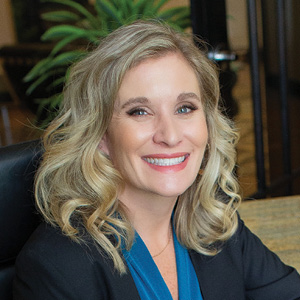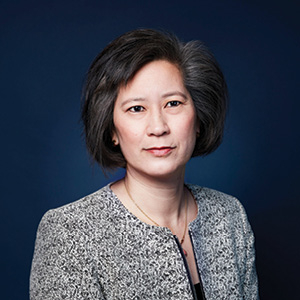Becoming the first woman litigation partner and the first woman of color litigation partner at a premier California law firm, Chuck Shimada has acted as a pioneer for women interested in pursuing a career in the field of law. Acting as a partner at Morgan Lewis Bockius as well as a founding member of the Bar Association of San Francisco's (BASF) No Glass Ceiling Task Force, Shimada has primarily focused on securities litigation defense, corporate governance and complex commercial litigation. Most recently, she has been recognized by Best Lawyers® as the 2022 “Lawyer of the Year” in Securities / Capital Markets Law in San Francisco.
“Generally, the practice of law and securities litigation especially has been dominated by white men since I began practicing law in the 1980s. I have always had a strong belief that any success I achieved would help women and people of color make progress toward equality. Thus, I felt doubly rewarded by any success I achieved—personally and for women of color. Nevertheless, the absence of women in my field remained pronounced for decades after I began practicing law, notwithstanding the increase in women partners in law firms across the country.”
In the fall of 2012, Shimada, with the help of a small group of prominent women securities lawyers, co-founded Women in Securities (WISe). WISe has raised the bar by providing women working in securities litigation with the resources needed to excel in the field of law. To date, WISe has accrued over 400 listed members and offers networking, mentoring and education opportunities in all areas of securities litigation.
“We wanted to encourage more women to enter securities litigation, to support those already in the field by establishing a source of education and referrals and to ensure that women play an even greater leadership role in the future of securities litigation. And although we initially began as a group for women defense attorneys, our membership now encompasses women in the plaintiffs’ bar, in the government and in corporate legal departments.”
Shimada further stated: “In recent years, women have gradually made strides in winning lead roles in securities representations. Companies selecting securities defense counsel more often consider the diversity of proposed teams, including which partners will lead the matter. Diversity in in-house legal departments and boardrooms is also leading to selection of more diverse counsel. Courts even are increasingly aware of the need for diversity in the counsel appearing before them. All of this has led to increased opportunities for women and other diverse attorneys in securities litigation. Playing a small role in this progress has been enormously gratifying.”
“Yet,” Shimada concluded, “there is still much work to be done. Attorneys of color and, in particular, women of color are still woefully underrepresented in securities litigation. I rarely see women of color occupying leading roles in securities cases. Changing this state of affairs is the greatest challenge of securities litigation.”

































